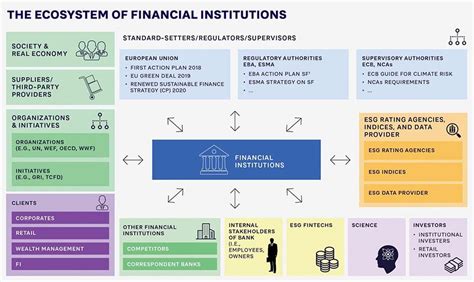The Invisible Burden: Men as Primary Providers and Retirement Planning
For generations, the societal narrative has largely cast men in the role of primary financial providers. This deeply ingrained expectation, while evolving, continues to exert a profound influence on how men perceive and approach their financial responsibilities, particularly when it comes to long-term goals like retirement. Understanding this influence is crucial for both individuals and financial advisors to ensure comprehensive and effective planning.
The Weight of Responsibility and Its Financial Manifestations
The pressure to be the primary breadwinner often translates into specific financial behaviors. Men may feel compelled to prioritize current income generation and immediate family needs over personal long-term savings. This can lead to a focus on careers that offer higher immediate earnings, sometimes at the expense of job satisfaction or work-life balance, directly impacting the mental and emotional bandwidth available for meticulous retirement planning.

Furthermore, this expectation can influence investment strategies. Some men might gravitate towards higher-risk investments, driven by a perceived need to generate substantial returns quickly to secure their family’s future, potentially overlooking the importance of diversification and long-term, stable growth for retirement.
Sacrificing Today for Tomorrow (for Others)
The instinct to provide can also lead to personal financial sacrifices. Men might delay their own retirement contributions, deprioritize personal savings, or even opt for early withdrawals from retirement accounts to fund children’s education, support aging parents, or cover unexpected family expenses. While noble, these actions can severely hamper their own financial security in later life, creating a deficit that becomes increasingly difficult to rectify.
This dynamic often means that discussions about personal financial vulnerability or the need for financial support are less common for men, potentially leading them to bear the burden silently. The stigma associated with not being able to provide adequately can deter men from seeking financial advice or admitting when they are struggling to meet the demands of their provider role, including their own future needs.

The Evolving Landscape and Dual-Income Realities
Today’s economic landscape, increasingly characterized by dual-income households and shifting gender roles, presents a new paradigm. While the traditional provider expectation persists, many families now rely on two incomes. This shift, however, doesn’t always automatically translate into a more balanced approach to retirement planning, especially if the underlying societal pressure on men remains. Men might still feel a disproportionate responsibility, even when their partners contribute significantly to household income.

In such scenarios, it becomes vital for couples to engage in open and honest financial conversations, explicitly defining roles and responsibilities without defaulting to outdated expectations. Recognizing both partners’ contributions and establishing shared financial goals can alleviate undue pressure on one individual and lead to more robust, collaborative retirement planning.
Strategies for a More Balanced Future
Addressing these influences requires a multi-faceted approach. For men, it means consciously challenging the ingrained provider narrative and recognizing that personal financial well-being is not selfish but foundational to providing long-term security for their loved ones. Key strategies include:
- Prioritizing Personal Retirement: Make contributions to personal retirement accounts (401k, IRA) a non-negotiable expense, even when facing other financial demands.
- Open Communication: Engage in transparent discussions with partners and family members about financial capacities, challenges, and shared goals.
- Diversified Investment Strategies: Focus on balanced, long-term investment strategies that mitigate risk while still aiming for growth, rather than feeling compelled to chase high-risk, quick returns.
- Seeking Professional Advice: A financial advisor can offer an objective perspective, helping to navigate societal pressures and create a personalized plan that balances family needs with individual retirement goals.
- Defining Retirement Realistically: Understanding what a comfortable retirement truly entails for oneself, rather than adhering to an idealized (and potentially expensive) vision driven by external expectations.

Conclusion
Societal expectations about men as primary providers undeniably shape their financial planning for retirement, often pushing them towards specific behaviors and sometimes leading to personal sacrifices. While the impulse to provide is commendable, a truly secure future requires a balanced approach that acknowledges personal well-being, adapts to modern economic realities, and fosters open financial dialogue within families. By recognizing and actively navigating these deeply rooted influences, men can achieve a more secure and fulfilling retirement, not just for their families, but for themselves.





